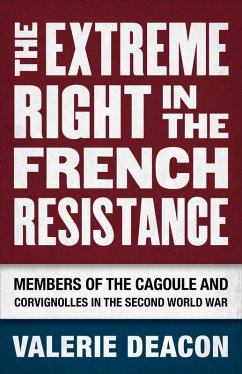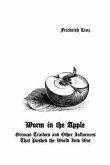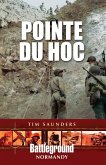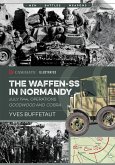In the aftermath of World War II, historical accounts and public commentaries enshrined the French Resistance as an apolitical, unified movement committed to upholding human rights, equality, and republican values during the dark period of German occupation. Valerie Deacon complicates that conventional view by uncovering extreme-right participants in the Resistance, specifically those who engaged in conspiratorial, anti-republican, and quasi-fascist activities in the 1930s, but later devoted themselves to freeing the country from Nazi control.
The political campaigns of the 1930s-against communism, republicanism, freemasonry, and the government-taught France's ultra-right-wing groups to organize underground movements. When France fell to the Germans in 1940, many activists unabashedly cited previous participation in groups of the extreme right as their motive for joining the Resistance.
Deacon's analysis of extreme-right participation in the Resistance supports the view that the domestic situation in Nazi-controlled France was more complex than had previously been suggested. Extending beyond past narratives, Deacon details how rightist resisters navigated between different options in the changing political context. In the process, she refutes the established view of the Resistance as apolitical, united, and Gaullist.
The Extreme Right in the French Resistance highlights the complexities of the French Resistance, what it meant to be a resister, and how the experiences of the extreme right proved incompatible with the postwar resistance narrative.
The political campaigns of the 1930s-against communism, republicanism, freemasonry, and the government-taught France's ultra-right-wing groups to organize underground movements. When France fell to the Germans in 1940, many activists unabashedly cited previous participation in groups of the extreme right as their motive for joining the Resistance.
Deacon's analysis of extreme-right participation in the Resistance supports the view that the domestic situation in Nazi-controlled France was more complex than had previously been suggested. Extending beyond past narratives, Deacon details how rightist resisters navigated between different options in the changing political context. In the process, she refutes the established view of the Resistance as apolitical, united, and Gaullist.
The Extreme Right in the French Resistance highlights the complexities of the French Resistance, what it meant to be a resister, and how the experiences of the extreme right proved incompatible with the postwar resistance narrative.
Dieser Download kann aus rechtlichen Gründen nur mit Rechnungsadresse in A, D ausgeliefert werden.









